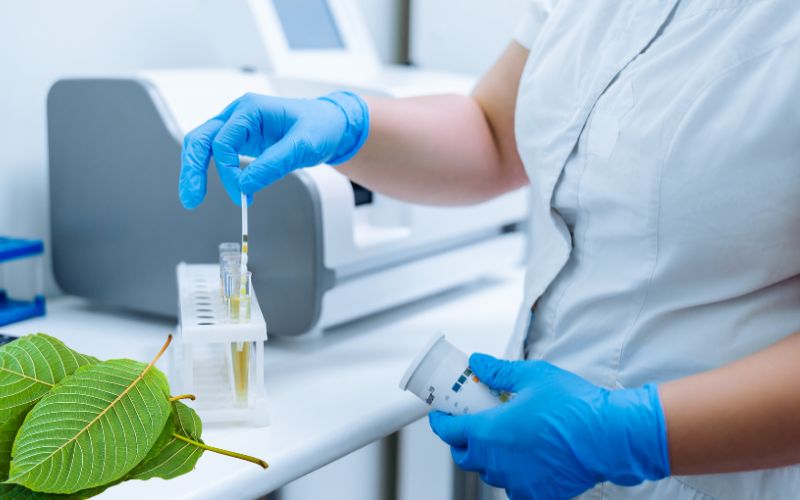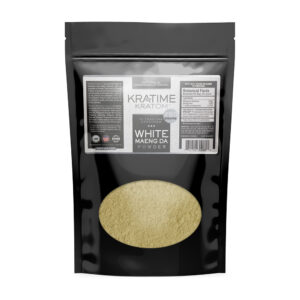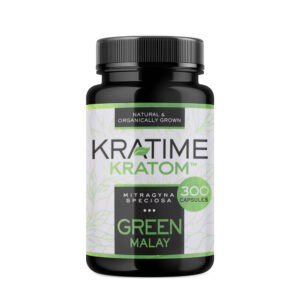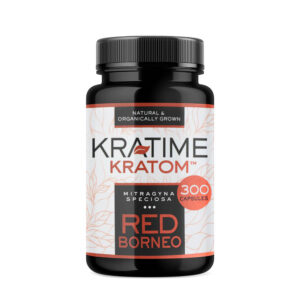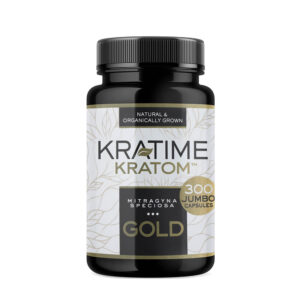How Long Does Kratom Stay in Your System?
Kratom is a tropical tree native to Southeast Asia, and its leaves are known for their medicinal properties. Many people use kratom as a natural alternative to manage pain, boost energy, and improve mood. However, if you’re considering using kratom or have recently used it, you may be wondering how long it stays in your system. In this article, we’ll explore the factors that influence the duration of kratom in your body and provide you with valuable information on its detection in different tests.

Methods of Kratom Consumption
Kratom can be consumed in various ways, and the method chosen can also affect its duration in the body. The common methods of kratom consumption include:
- Toss and Wash: The “toss and wash” method involves placing the desired kratom powder dose in the mouth and washing it down with a beverage. This method allows for quicker absorption into the bloodstream.
- Kratom Tea: Brewing kratom leaves or powder into a tea is a popular method of consumption. The effects may take longer to kick in, but they can last for a longer duration.
- Capsules or Pills: Kratom is also available in capsule or pill form, which can provide a convenient and consistent dosage. The onset of effects and duration can vary depending on the individual.
- Kratom Extracts: Kratom extracts are highly concentrated forms of kratom. They are typically stronger and may have a faster onset and longer duration compared to other forms of kratom.
Factors Affecting Kratom Metabolism
Several factors can impact how long kratom stays in your system:
1. Dosage
The amount of kratom you consume plays a significant role in its duration of effects. Higher doses generally take longer to be eliminated from your body.
2. Frequency of Use
If you’re a regular kratom user, it can take longer for your body to metabolize and eliminate kratom compounds. Chronic users may have kratom traces in their system for a more extended period.
3. Metabolism
Individual differences in metabolism can influence how quickly your body processes kratom. People with faster metabolisms tend to eliminate substances more rapidly. Once kratom is ingested, its alkaloids are metabolized in the liver. The primary metabolites of kratom, mitragynine and 7-hydroxymitragynine, undergo phase I and phase II metabolism. Phase I metabolism involves oxidation, hydrolysis, and reduction, while phase II metabolism includes glucuronidation and sulfation.
4. Age
Age can also impact kratom metabolism. Generally, younger individuals eliminate substances from their bodies faster than older individuals.
5. Body Fat Percentage
The body fat percentage plays a significant role in determining how long kratom, a herbal supplement, remains in the body. Kratom is primarily metabolized and eliminated by the liver and kidneys. However, a higher body fat percentage can potentially prolong the elimination process. This is because kratom alkaloids, the active compounds in the supplement, have a high affinity for fat cells.
As a result, they tend to accumulate in fatty tissues, leading to a slower release and elimination from the body. Consequently, individuals with a higher body fat percentage may experience an extended duration of kratom detection in their system compared to those with lower body fat levels. It’s important to note that various factors, such as metabolism, dosage, and frequency of kratom use, also contribute to the duration of detection.
Therefore, understanding one’s body fat percentage can provide valuable insights into how long kratom may remain present in the body.
6. Hydration Levels
Hydration levels and urinary pH can impact the elimination of kratom through urine. Staying adequately hydrated and maintaining a balanced urinary pH may facilitate quicker elimination.
Detection Methods for Kratom
To determine the presence of kratom in your system, various detection methods are used. Let’s explore the most common ones:
1. Urine Test
Urine tests are the most frequently used method to detect kratom. These tests can identify kratom metabolites for up to seven days after use. However, it’s important to note that kratom may not be included in standard drug screenings and requires specialized tests.
2. Blood Test
Blood tests can detect kratom presence for a shorter duration compared to urine tests. Kratom alkaloids can typically be detected within one to two days after consumption.
3. Hair Follicle Test
Hair follicle tests are less commonly used for kratom detection. Kratom metabolites can be detected in hair for a more extended period, up to 90 days after use.
4. Saliva Test
Saliva tests are rarely used for kratom detection, as kratom compounds are not typically detectable in saliva after a short period.
How Long Does Kratom Stay in Your System?
The duration of kratom in your system can vary depending on the factors mentioned above. On average, kratom can be detected in your system for:
- Urine: Up to seven days after consumption.
- Blood: Approximately one to two days after consumption.
- Hair: Up to 90 days after consumption.
- Saliva: Not typically detectable after a short period.
It’s important to remember that these are approximate durations, and individual variations may occur. Additionally, the sensitivity and specificity of the testing method can also affect the detection window.
FAQs about Kratom Duration
1. How long does kratom stay in your system for chronic users?
Chronic kratom users may have traces of kratom compounds in their system for an extended period. In some cases, it can be detected in urine for up to a week or more.
2. Can kratom be detected in a standard drug test?
No, kratom is not typically included in standard drug screenings. Specialized tests are required to detect the presence of kratom in your system.
3. Does the strain of kratom affect how long it stays in your system?
The strain of kratom does not significantly impact its duration in your system. Factors like dosage, frequency of use, and individual metabolism play more substantial roles.
4. Can drinking more water help eliminate kratom faster?
While staying hydrated is important for overall health, it may not significantly speed up the elimination of kratom from your system. Other factors like metabolism and dosage have a more significant impact.
5. Can kratom show up in a hair follicle test after just one use?
Yes, kratom metabolites can potentially be detected in hair follicle tests even after a single use. These tests have a longer detection window compared to urine or blood tests.
6. Are there any factors that can prolong the duration of kratom in your system?
Yes, certain factors can extend the duration of kratom in your system. These include higher doses, chronic use, higher body fat percentage, and slower metabolism.
Conclusion
Trying to find out “How long does kratom stay in your system?” is essential, especially if you’re facing drug screenings or considering its use. While the exact duration can vary based on multiple factors, including dosage, frequency of use, and the type of test employed, it’s generally detectable for up to a week in urine and one to two days in blood. Hair follicle tests can potentially detect kratom for up to 90 days. Remember, individual variations exist, and it’s best to consult with professionals for accurate information and guidance.

